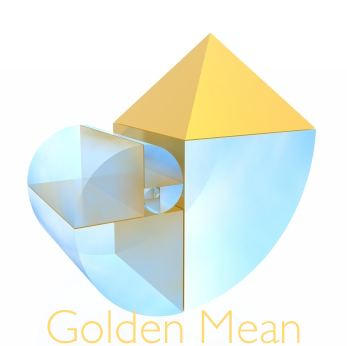 We’re often acutely aware of the things that we lack: money, courage, curiosity, love, talent, etc. We’re less aware of when enough is, in fact, enough—and the consequences of having too much. Many of us are totally oblivious to our Golden Mean.
We’re often acutely aware of the things that we lack: money, courage, curiosity, love, talent, etc. We’re less aware of when enough is, in fact, enough—and the consequences of having too much. Many of us are totally oblivious to our Golden Mean.
How many cars do you need to collect, Ralph Lauren? How many sculptures do you need to collect if you’re the Medici Family? How much money is enough? Ted Turner once said that anyone with $100 Million could live a totally financially free life as long as they did not have staff. I guess he never lived in India.
One can have a surfeit of money, but also of emotions and values and qualities. Have you ever loved too much and lost yourself in the relationship? Did you swamp the person with attention? Do you have an overabundance of confidence? Caesar had that, and it didn’t turn out so well for him! Anything taken to the extreme—even courage and intelligence—can become a weakness.
Ancient Greek philosophers like Aristotle recognized the importance of seeking balance, not extremes. They determined that the Golden Mean sits at 2/3 of the way toward the extreme—whether pursuing virtue or something else.
Interestingly, the current literature about happiness also indicates we shouldn’t aim for excess. In fact, most of us should lower our expectations, so that we can be satisfied and appreciate our accomplishments, rather than continually driving toward a higher peak.
The research shows that those with expontentially more money are not exponentially more happy. And yet we’re bombarded with messages in Western culture to seek MORE. We’re encouraged to be thinner, prettier, richer, more famous.
Resist the MORE message. Find the Golden Mean in your pursuit. Let it be your guide, and see if you aren’t happier as a result.



